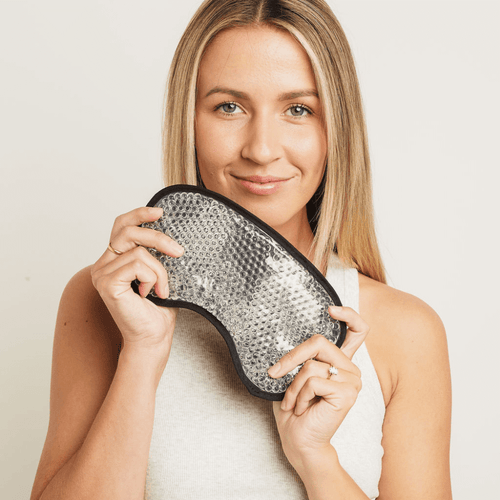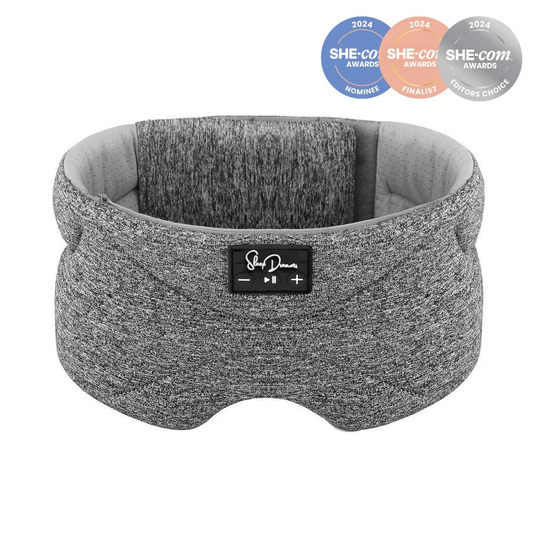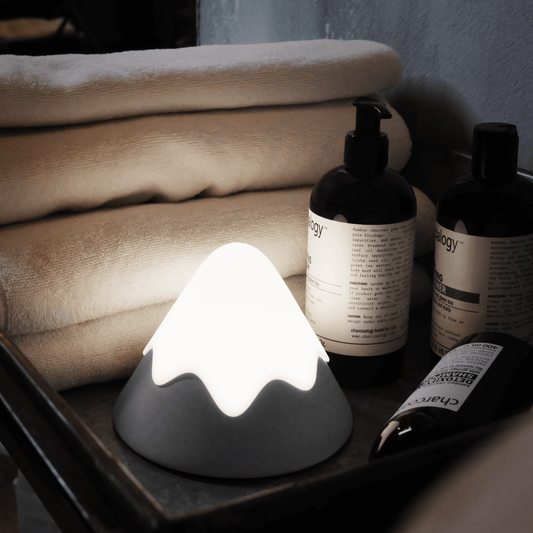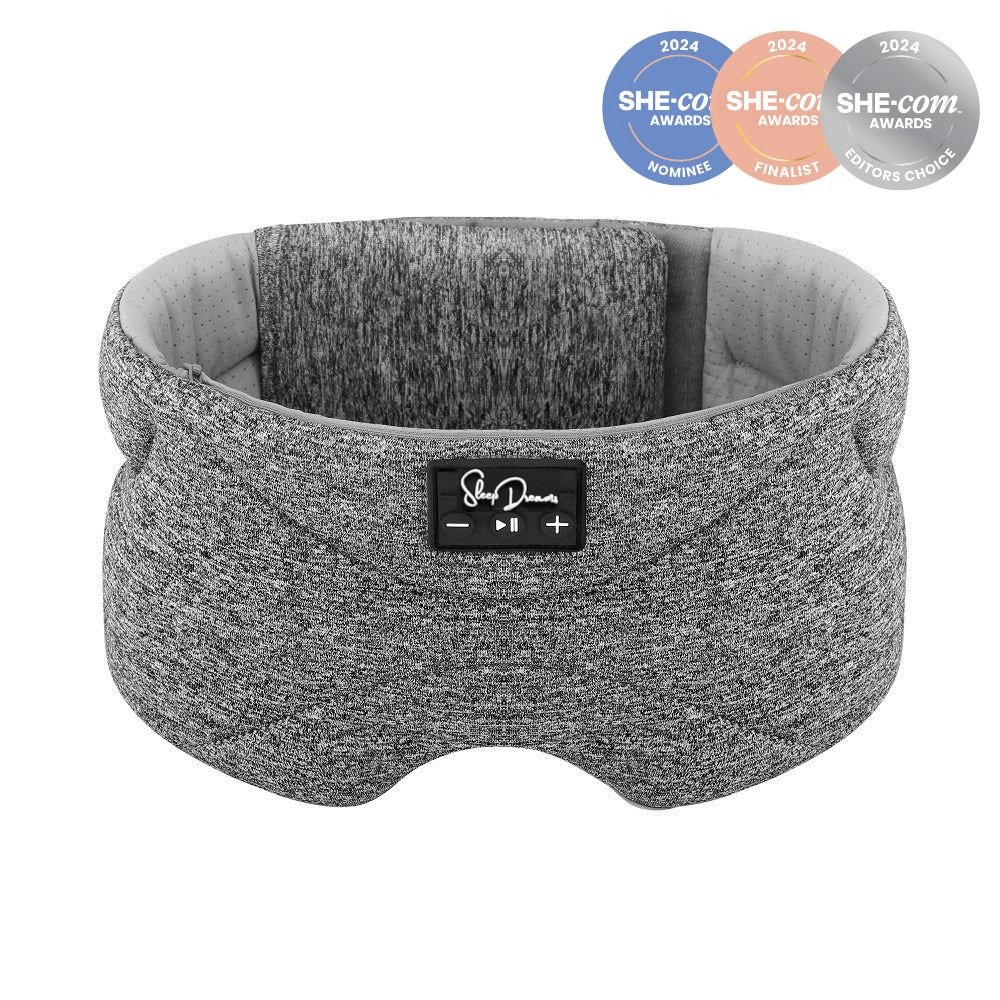If you’ve ever found yourself propping up two or three pillows just to get comfortable at night, you’ll understand why wedge pillows have become so popular. Unlike regular pillows that flatten and shift around, wedge pillows are triangular and keep their shape, creating a steady incline for your body.
But are wedge pillows really worth the fuss? Let’s take a closer look at what they are, the potential benefits, and how to choose the right incline for your needs.
What Exactly is a Wedge Pillow?
A wedge pillow is shaped like a triangle with a gradual slope. Instead of simply cushioning your head like a normal pillow, it supports your upper body or legs at a consistent angle. Most wedge pillows are made from firm foam so they hold their shape through the night, giving reliable support without needing to stack multiple pillows.
People often use wedge pillows to help with specific sleep issues - things like reflux, snoring, or even recovery after surgery - but many also find them helpful for everyday comfort, reading in bed, or just winding down.
The Benefits of Sleeping with a Wedge Pillow
1. Relief from Acid Reflux and GERD
One of the biggest reasons people turn to wedge pillows is for relief from acid reflux or GERD (gastroesophageal reflux disease). By gently elevating your upper body, a wedge pillow helps prevent stomach acid from flowing back up into the esophagus.
This can reduce the burning discomfort of reflux and lower the chances of interrupted sleep. Unlike propping up a stack of regular pillows - which can slip and create an awkward bend in your neck - a wedge pillow keeps your body in a stable, angled position all night.
Common reflux triggers include:
- Eating spicy, fatty, or acidic foods
- Drinking coffee, alcohol, or fizzy drinks late at night
- Carrying excess weight around the stomach
- Pregnancy-related pressure
- Smoking or certain medications
If reflux is something you deal with often, a wedge pillow can be a simple, non-invasive tool to help manage symptoms.
2. Better Breathing, Less Snoring
Snoring often happens when the airway becomes partially blocked as muscles relax during sleep. The incline of a wedge pillow can help keep the airway open, reducing snoring and even offering support for those with mild sleep apnea.
It’s not just snorers who benefit - people with asthma, allergies, or frequent congestion may also find they breathe easier with their head and chest slightly raised. The improved airflow can mean fewer wake-ups in the night and a fresher feeling in the morning.
3. Support for Back and Neck Pain
If you’ve ever woken up with a stiff neck or aching back, your pillow setup might be to blame. A wedge pillow can help by promoting proper spinal alignment. The gentle incline reduces pressure on the lower back and neck, encouraging a more natural position for the body.
For people with conditions such as herniated discs or spinal stenosis, this added support can make sleep more comfortable. Even if you don’t have a diagnosed condition, the right incline may ease muscle tension and make bedtime more restorative.
4. Improved Circulation and Reduced Swelling
Wedge pillows aren’t only for the upper body - they can also be used under the legs. Elevating your legs can improve circulation, reduce swelling, and ease discomfort caused by conditions like varicose veins or fluid retention.
This is especially useful for people who spend a lot of time on their feet during the day, or for those recovering from surgery. By helping blood flow more freely back toward the heart, a wedge pillow can reduce heaviness in the legs and promote recovery.
Choosing the Right Incline
Not all wedge pillows are the same - the angle of the incline makes a big difference. Here’s a guide to help you find the right one for your needs:
-
Low Incline (15–30 degrees / 15–20 cm high)
Gentle elevation, perfect for light reflux, mild snoring, or reading in bed. -
Moderate Incline (30–45 degrees / 20–30 cm high)
Provides more support for moderate reflux, congestion, or back support. -
High Incline (45–60 degrees / 30–40 cm high)
Often recommended for post-surgery recovery, severe reflux, or more significant sleep apnea. -
Extra-High Incline (60+ degrees / 40 cm+)
Usually for specialised medical purposes and best chosen with professional guidance.
Your comfort matters most. Some people prefer a steeper incline, while others need just a small lift. If you’re unsure, start lower and work your way up until you find what feels best.
Things to Keep in Mind
- Adjustment period: Sleeping at an incline can feel different at first. It may take a few nights for your body to get used to the new position.
- Size and shape: Wedge pillows come in different widths to fit single, double, or queen beds. Make sure it fits your space.
- Materials: High-density foam offers firmer support, while memory foam provides more contouring comfort. Some come with washable covers for easier care.
- Personal needs: Always check with your healthcare provider if you’re considering using a wedge pillow for a medical condition.
Wedge pillows can make a real difference for people struggling with acid reflux, snoring, back pain, or swelling in the legs. They’re also great for simply propping yourself up to read or watch TV in bed.
Like any sleep solution, the key is finding the right style and incline for your body and needs. With the right wedge pillow, you may find that bedtime becomes not only more comfortable but more restorative too.





















